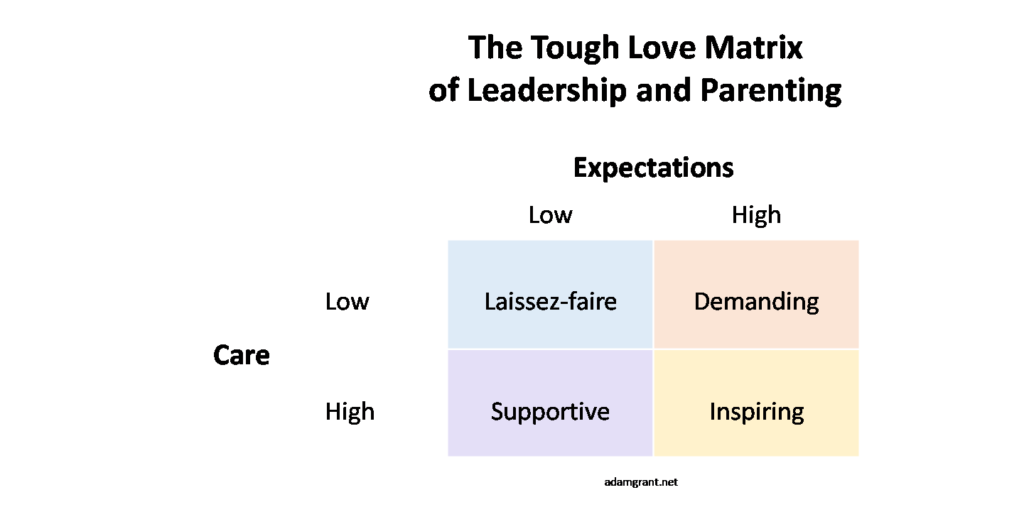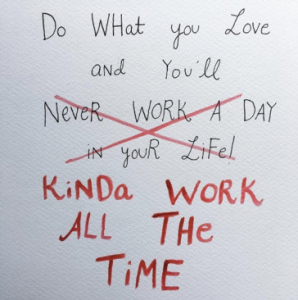What are your thoughts on the typical annual “employee engagement” surveys. While what you do with the data is important, do you think they give insights worth the efforts?
– Ricardo, Basel, Switzerland
Yes: here’s a post I wrote with the people analytics team at Facebook on why you still need to survey your employees.
Have you noticed that some leadership teams have an aversion to promoting from within? It is like the saying, “familiarity breeds contempt”. Preferring a new hire, with strengths and weaknesses revealed selectively by them, to those already on the team whose strengths and weaknesses are known. What causes this phenomenon?
– Susan, Columbia, Missouri
I fielded this one in a recent Work in 60 Seconds video. I think the main culprit is the preference for potential, which prevails when there’s uncertainty about what a role requires or how the world will change. Your leadership team might be interested in research by my colleague Matthew Bidwell, who finds that external hires are paid more but perform worse.
How do you shift the organizational mindset of Human Resources as a negative department that punishes/terminates staff to being a department that promotes the growth, development, and well-being of staff?
– Danny, Philly
See Retooling HR by John Boudreau and Work Rules! by Laszlo Bock.
Should employers allow more flexibility for their employees to volunteer in the community? Does giving flexibility for employees to do things they enjoy outside of work lead to better productivity at work?
–Madi, Toronto
Yes and yes: Jessica Rodell has demonstrated that when employees volunteer, they’re more absorbed in their work—not less—and perform better. If our jobs lack meaning, employer-supported volunteering can be a powerful substitute.
I see that there are a lot of books about setting limits with children. But not many about the employee. Can you kindly recommend a book please for setting good boundaries with the employee?
– Serhat, Manisa, Turkey
See Good Boss, Bad Boss by Bob Sutton and Teaming by Amy Edmondson.
How effective is Servant Leadership in improving the financial performance of a company?
– Barry
One of my favorite studies is by Suzanne Peterson and colleagues showing that when CEOs are servant leaders, tech companies have significantly higher returns on assets over the next nine months, even after controlling for prior returns.
One of the biggest struggles I think we have at work is maintaining focus and learning/acquiring information on the spot when undertaking a new project. Are there any tips you can share on how employees can learn faster and maintain focus?
– Anonymous, Manchester, UK
Try Deep Work by Cal Newport and Never Stop Learning by Brad Staats.


